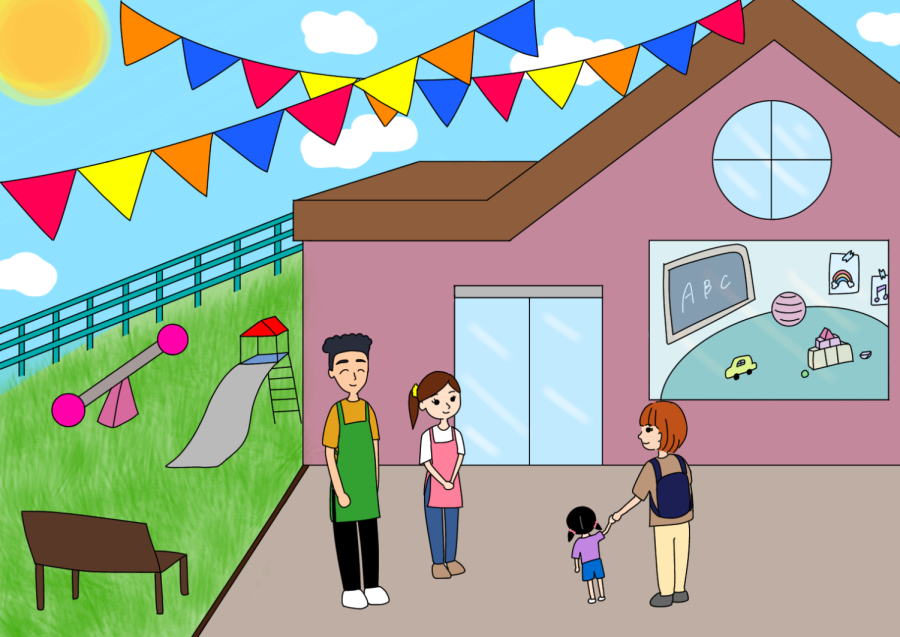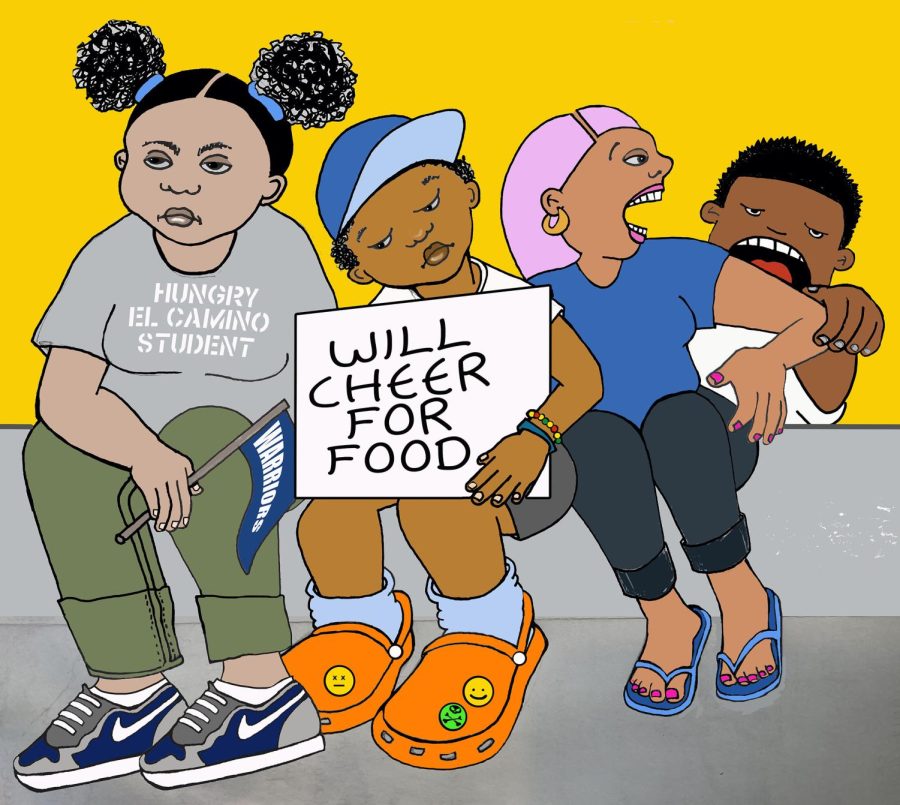Classical music is not only beneficial to college students pulling an all-nighter for that big final that can make or break their grades; it is found that music can also be a way to deter gangsters.
The music is being played around the world from Canada, Australia and London, and they are using it in places like parks, 7-Eleven’s, McDonalds and railway stations to repel drug dealers according to the L.A. Times.
Crime rates in places that play Mozart, Vivaldi, Bach and the like have declined, reported the British Capital publication. British Capital also reported that robbery on subways has declined 33 percent and that London authorities are trying to expand this new “crime-stopper.”
“Music has the capacity to change the mood and to set the mood,” Dr. James Hurd, music professor, said.
Classical music wouldn’t go nice with drug dealers trying to sell marijuana. It makes them uncomfortable to be in a situation that doesn’t fit their personality.
“They should play classical music in the Activities Center,” said James Liyan, 19, music major. “There seems to be too much noise in there; maybe it would calm down a little bit more.”
It is a similar idea to companies that use certain “stress-free music” to encourage people to shop 20 percent longer.
“I like shopping no matter if there is music or not; I really don’t see a difference in that,” Marie Cisneros said, 18, nursing major, said.
Restaurants might play “fast music” to make you eat faster; it would be hard to eat slowly when your brains want to catch up and make a connection with the fast music.
“Disc jockeys at radio stations such as KROQ-FM play background music to make their programs seem more active. Background music provides a smooth transmission and edge, to make the listener stay interested,” KROQ receptionist Randy Stevens said.
Studies show that playing Mozart to your baby of three months to three years old, will enhance his or her intellect and creative skills.
College students listening to more classical music may find it easier to focus on studying and doing homework.
“Music reflects what they are feeling and what they want to feel,” Hurd said.







